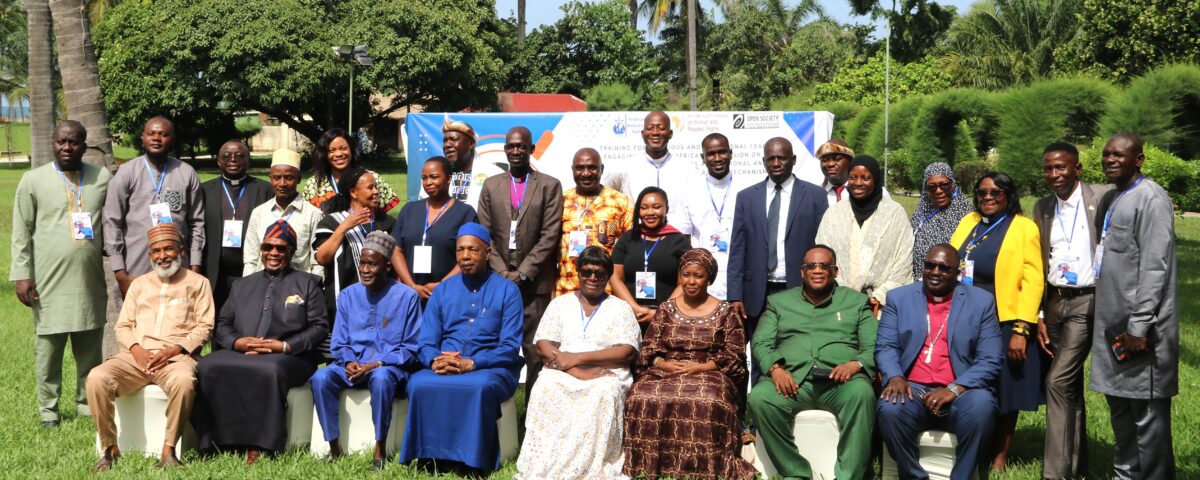Banjul, The Gambia — A three-day regional training for religious and traditional leaders on human rights and engaging with the African Commission on Human and Peoples’ Rights (ACHPR) opened today, October 14, 2025, at the Kairaba Beach Hotel. The event, organized by the African Centre for Democracy and Human Rights Studies (ACDHRS), brought together participants from across Africa to explore the intersection between faith, tradition, and human rights.
Speaking at the opening, Hon. Hamat N.K. Bah, Minister of Lands, Regional Government and Religious Affairs, emphasized the urgent need for Africans to transcend divisions of tribe, religion, and colonial legacy.
“If Europe and America have found unity, why do we still fight each other because of religion or tribe?” he asked. “Leadership is not about identity—it is about service. Religion should unite us, not divide us.”
Minister Bah hailed ACDHRS Executive Director Hannah Forster for her lifelong dedication to human rights and democracy, describing her as “a great woman whose contribution to Africa’s freedom and justice will be remembered for generations.”
In her remarks, Mrs. Forster underlined the purpose of the gathering — to strengthen the role of religious and traditional leaders in the African human rights system.
“This training is both a consultation and capacity-building exercise,” she explained. “We want to hear from you, understand your experiences, and equip you to engage effectively with the African Commission.”
The training includes one day of consultation, two days of intensive sessions, and participation in the upcoming Forum of NGOs and the public session of the ACHPR.
Other speakers, including Justice Isatou Jallow (representing the Chief Justice of The Gambia), Dr. Nana Busia Jr., and Mr. Sadikh Niass, echoed the need for collaboration between traditional values and modern rights frameworks.
Justice Jallow reaffirmed the judiciary’s commitment to working with faith and community leaders to promote justice, while Dr. Busia challenged participants to “revisit who we are as Africans” and how religion and tradition can coexist with rights.
The gathering will continue until October 16, 2025, with participants expected to draft practical recommendations for strengthening the engagement of traditional and religious institutions within the African human rights system.


